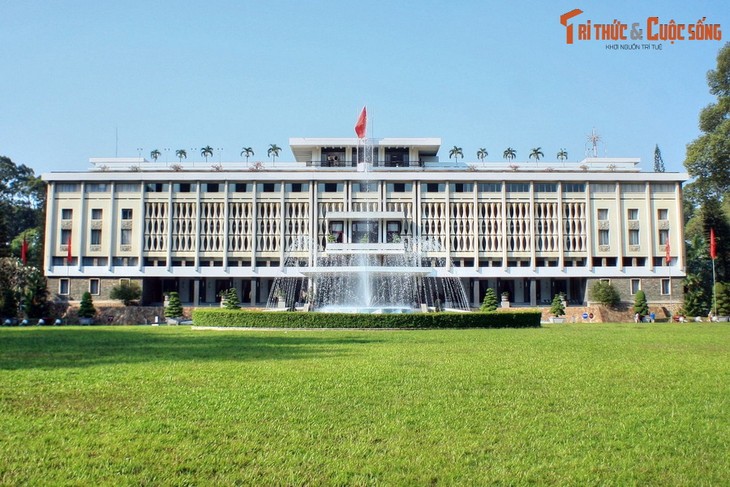 |
| 1. Located in the heart of District 1, the Independence Palace is one of the most prominent historical symbols of Ho Chi Minh City. At noon on April 30, 1975, tanks of the Liberation Forces entered the palace grounds, officially ending the long war and opening a period of independence and national unification. |
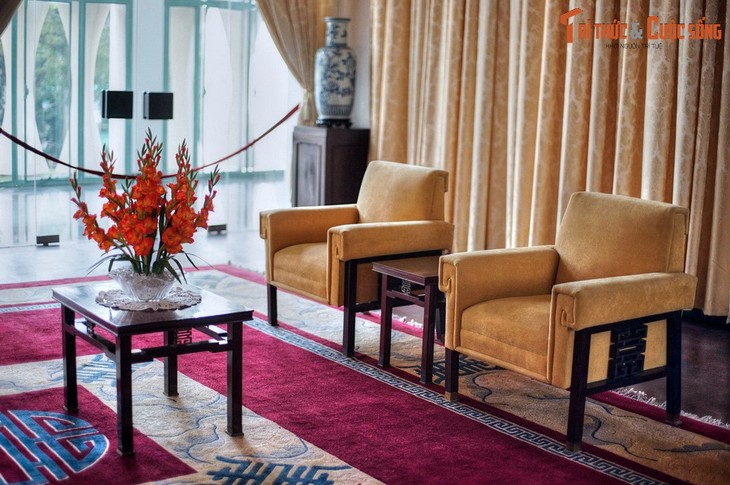 |
| Today, the Independence Palace is preserved as a special national monument, with meeting rooms, underground bunkers, battle maps and artifacts remaining intact as they were on the historic day of April 30, 1975. |
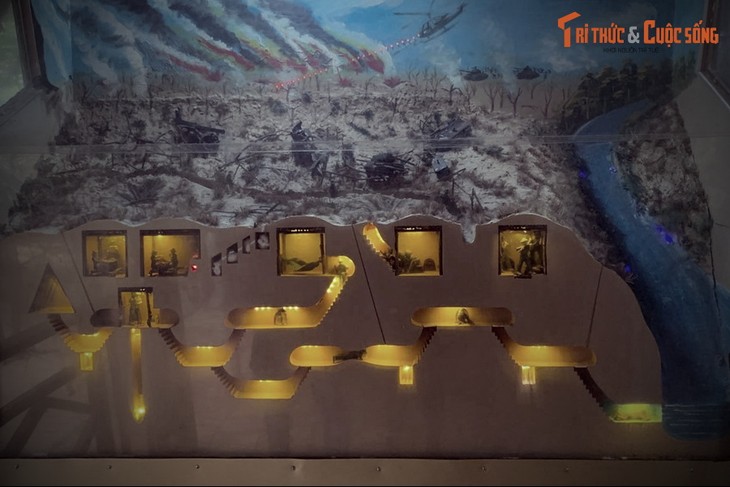 |
| 2. Located in the northwestern suburbs of Ho Chi Minh City, the Cu Chi Tunnels are a unique underground military structure that is famous worldwide. With a length of more than 200 km, this tunnel system was once a place for revolutionary forces to live, fight and hide during the years of resistance against the US. |
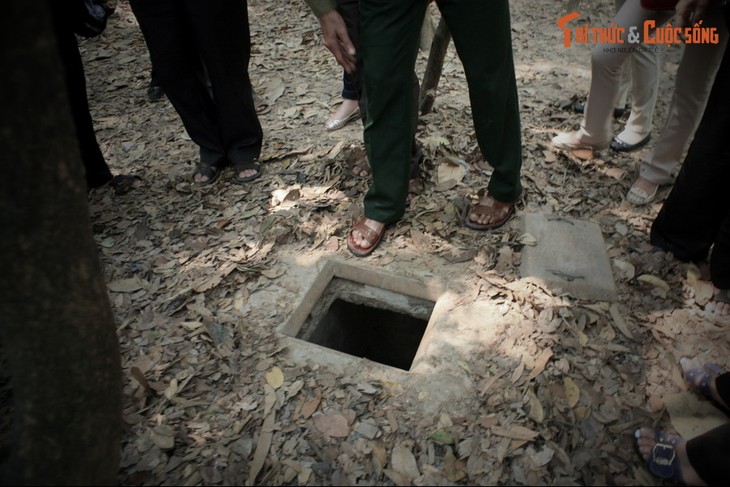 |
| Visitors coming here can directly experience the feeling of going underground, seeing with their own eyes the Hoang Cam kitchen, the armory, the meeting room... all recreating a resilient "underground city" right next to the enemy's headquarters. |
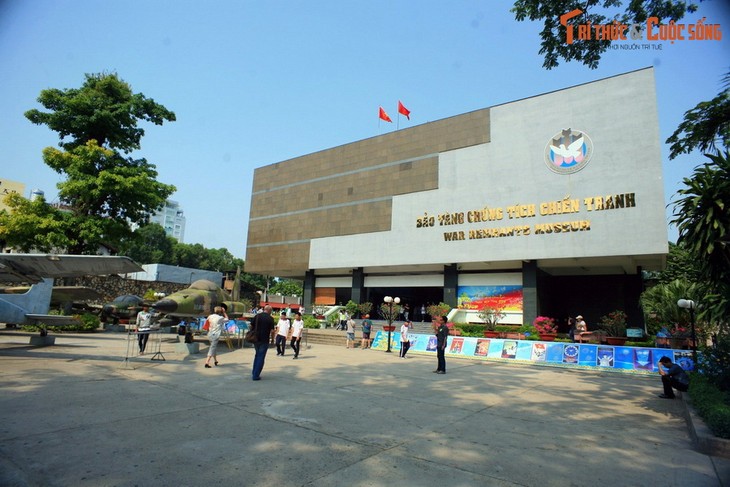 |
| 3. Located on Vo Van Tan Street (District 3), the War Remnants Museum is a place that records the tragic consequences of war through thousands of original images, documents and artifacts. |
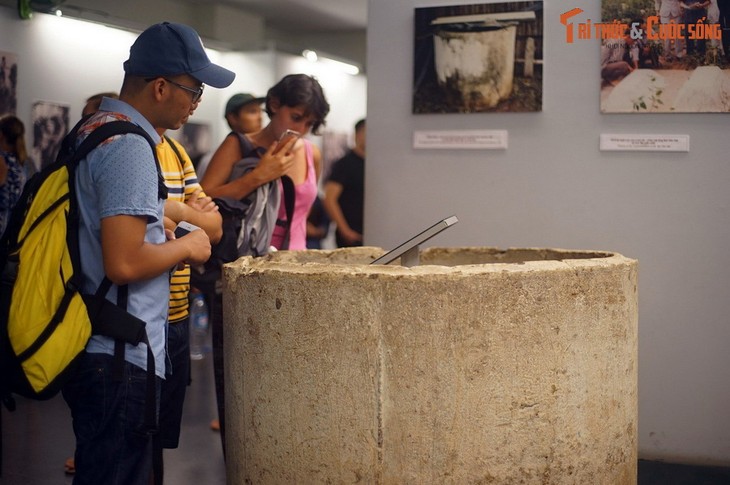 |
| The exhibition areas at the Museum not only provide historical documents but also evoke strong empathy, providing a contemplative space for viewers to deeply feel the pain of war, thereby appreciating the value of peace more. |
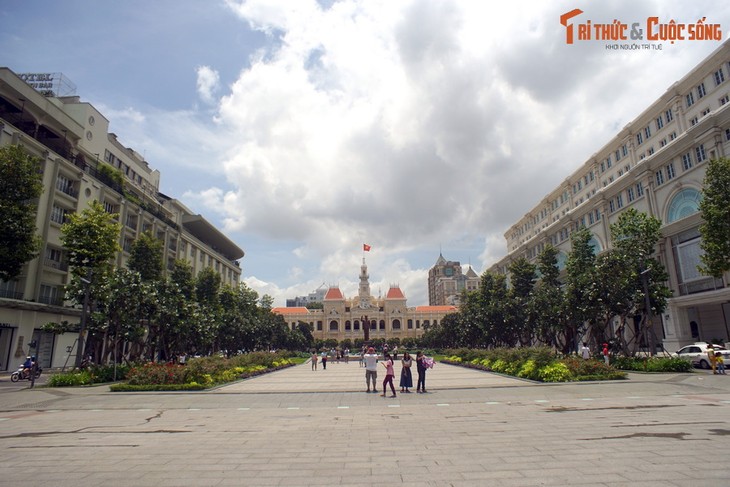 |
| 4. Nguyen Hue Walking Street is a modern and iconic space in the center of Vietnam's largest city. As a public space loved by the people, this is where many cultural and artistic activities take place on every major holiday. |
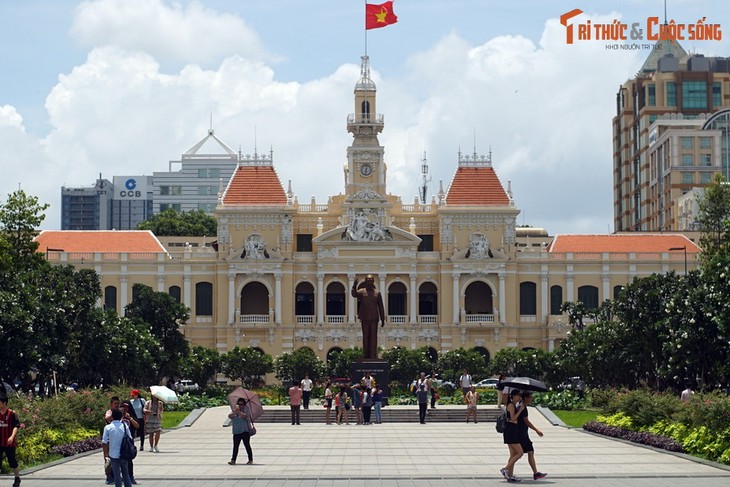 |
| The statue of Uncle Ho is placed in the most solemn position of Nguyen Hue Walking Street, a reminder of the morality of "remembering the source of water when drinking" and the immortal revolutionary spirit that the city named after him always strives for. |
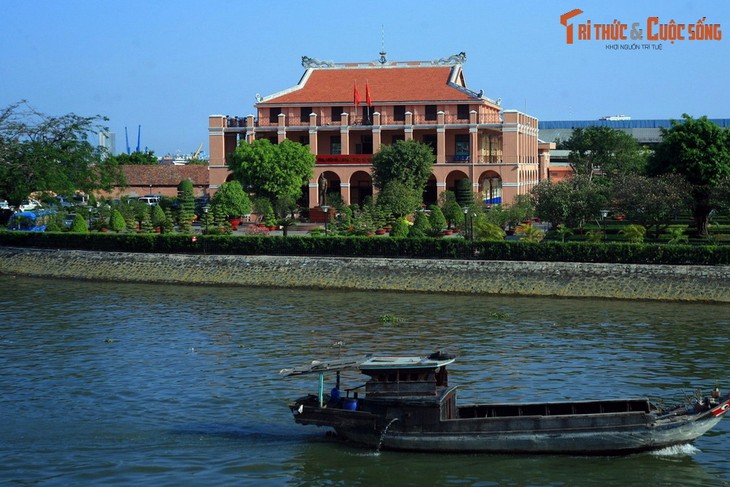 |
| 5. Finally, we cannot fail to mention the Ho Chi Minh Museum – Ben Nha Rong, located on the Saigon River. This is the port from which, in 1911, the young man Nguyen Tat Thanh set out to find a way to save the country on the ship Admiral Latouche-Tréville. |
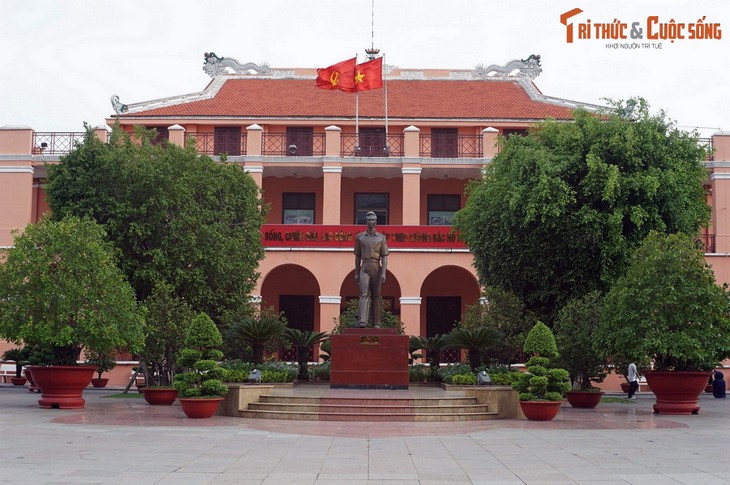 |
| Today, this French-Vietnamese architectural work is used as a museum to preserve artifacts and images of President Ho Chi Minh's life and revolutionary career, especially his international activities and the struggle for national independence. |
Dear readers, please watch the video: Marching to Saigon | VTV24.
Source: https://khoahocdoisong.vn/nhung-dia-chi-do-day-y-nghia-nen-ghe-tham-o-tp-hcm-dip-304-post268435.html





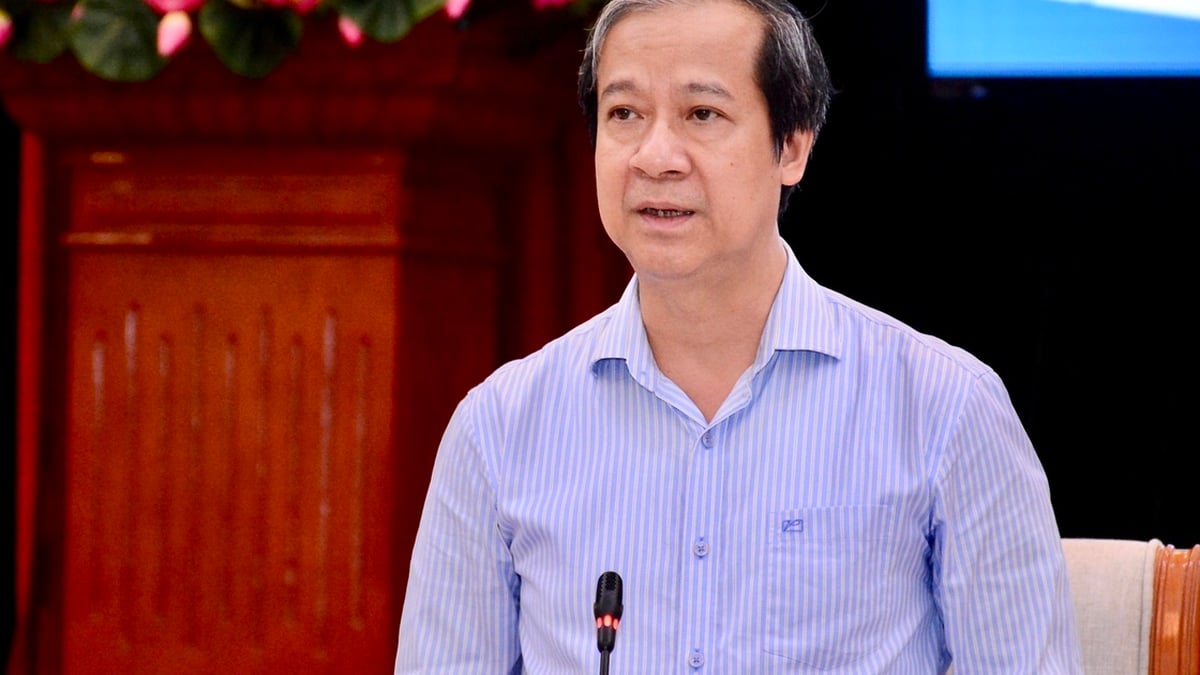


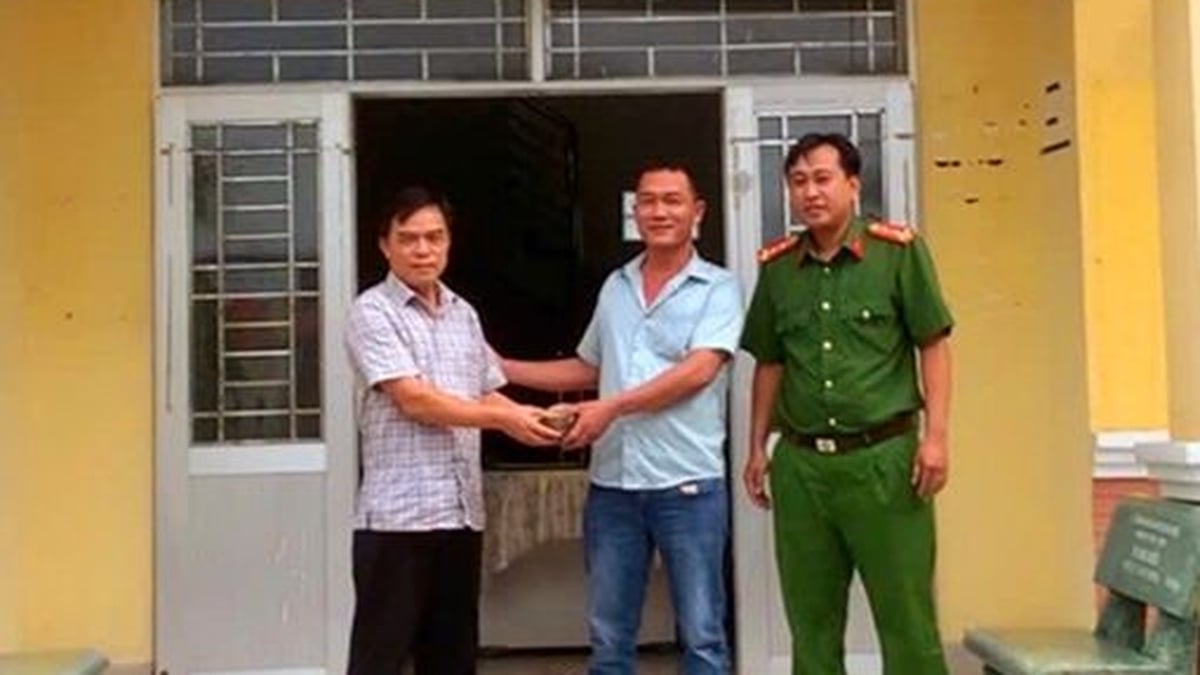


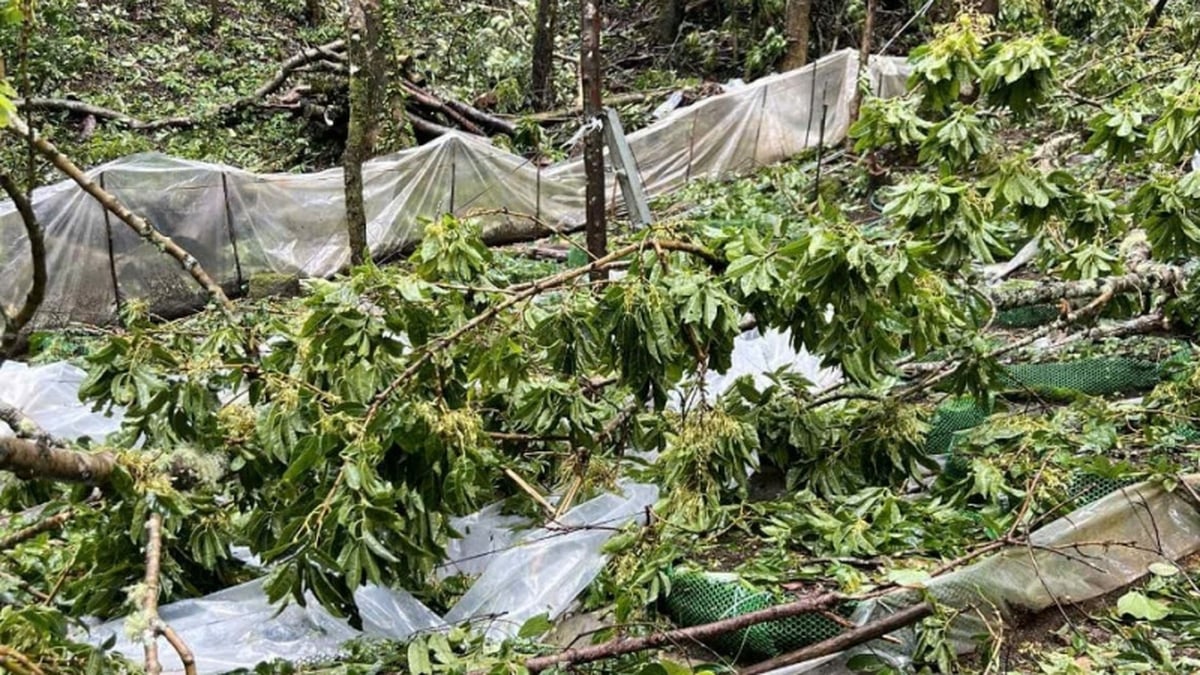























































































Comment (0)